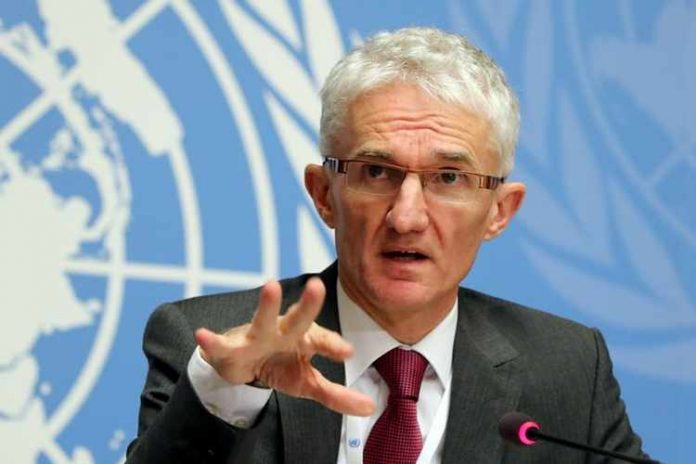The UN’s Undersecretary General for Humanitarian Affairs, Mark Lowcock, has released an updated US$10.3 billion appeal to fight the coronavirus in low-income and fragile countries.
The COVID-19 Global Humanitarian Response Plan is the international community’s primary fundraising vehicle to respond to the humanitarian impacts of the virus in low- and middle- income countries and support their efforts to fight it. It brings together appeals from WHO and other UN humanitarian agencies. Non-governmental organizations (NGOs) and NGO consortiums have been instrumental in helping shape the plan and deliver it, and they can access funding through it. The plan provides help and protection that prioritize the most vulnerable. This includes older people, people with disabilities, displaced people, and women and girls, given pandemics heighten existing levels of discrimination, inequality and gender-based violence.
Since the plan was first launched on 25 March, $1.7 billion in generous donor funding has been raised.
The updated plan includes a supplementary $300 million to bolster rapid response from NGOs, on top of their specific requirements in each country; a new famine prevention envelope of $500 million; and a sharper focus on preventing gender-based violence. With funding of $10 billion, the plan will support 63 vulnerable countries and cover the global transport system necessary to deliver the relief.
The COVID-19 Global Humanitarian Response Plan operates alongside other complementary initiatives to protect the most vulnerable people. The initiatives include the Red Cross and Red Crescent appeals; the Global Fund’s programme to safeguard a decade of work to combat malaria, tuberculosis and HIV; the Vaccine Alliance’s (Gavi) work to keep future generations free from measles, polio and other vaccine-preventable diseases; and the UN Women’s Gender in Humanitarian Action programme.
COVID-19 is now present across the globe, with more than 13 million confirmed cases and more than 580,000 deaths worldwide. Last week the first confirmed case was reported in Idlib, Syria, sparking fears of about a quarter of Yemenis confirmed to have COVID-19 have died – five times the rate globally.

















